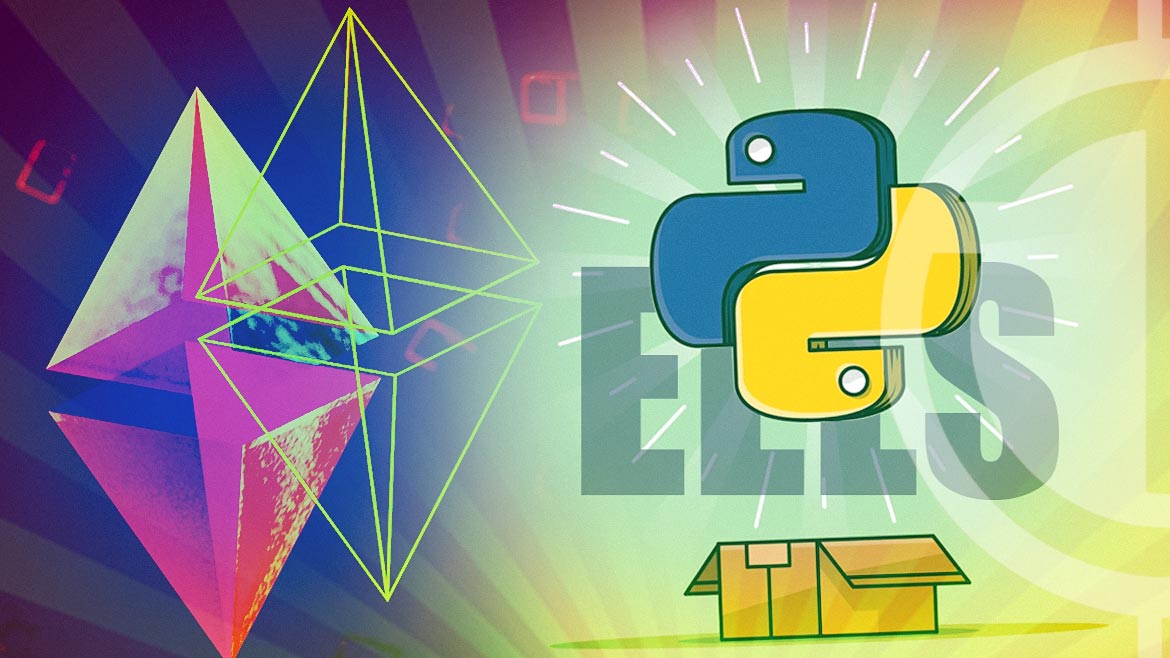- EELS aims to replace the Ethereum Yellow Paper as the primary resource for understanding Ethereum’s core protocol.
- EELS provides complete snapshots of the Ethereum protocol at each network fork, aiding developers in understanding changes.
- The project is compatible with existing Ethereum test suites, allowing for rigorous validation of its features.
In a major development on August 29, 2023, the Ethereum Foundation introduced the Ethereum Execution Layer Specification (EELS). This Python-based tool is a major change designed to simplify Ethereum’s complex core protocol.
Previously, most people relied on the Ethereum Yellow Paper, an academic document detailing the protocol’s technical specifications, for this information. EELS would be acting as the successor to the Yellow Paper, making development on the Ethereum network more seamless.
Initiated in 2021, the EELS project was a collaborative effort between the Ethereum Foundation and ConsenSys’ Quilt team. The primary objective was to create a more accessible and programmer-friendly platform. EELS is engineered to perform multiple functions: it can execute state tests, seamlessly follow the mainnet, and, most importantly, serve as a foundation for the development and prototyping of new Ethereum Improvement Proposals (EIPs).
One of the standout features of EELS is its snapshot capability. It offers comprehensive snapshots of the Ethereum protocol at each network fork. This is a game-changer for developers, providing them with a simplified yet detailed view of network alterations, thereby facilitating a smoother adaptation to changes.
While EELS is still in its formative phase, its utility is undeniable. It has already been employed for the implementation of EIP-6780. Hosted on GitHub, the project is accessible to anyone with Python 3.8 or higher and adheres to the Creative Commons Zero v1.0 Universal license.
The Ethereum Foundation has not just developed EELS in isolation, but it seeks active community participation. Developers can contribute by diving into the project’s GitHub repository or by joining specialized discussions in the #specifications channel on Discord.
EELS is not just a new specification but is also seen as the next step beyond the Yellow Paper, signaling a long-term vision for documenting Ethereum’s core protocol. Despite being in its early stages and lacking detailed annotations, the Ethereum Foundation envisions EELS as the future platform for Core EIPs and a key reference for how Ethereum operates. Additionally, its compatibility with existing Ethereum test suites allows for thorough validation of its features. This development is poised to accelerate the rate of innovation within Ethereum.
In other news, payments giant Visa recently tested a way for users to pay Ethereum gas fees with their credit or debit cards. The test, conducted on August 14, 2023, used Ethereum’s ERC-4337 standards and a special smart contract. This is expected to make it easier for people to interact with Ethereum-based apps without needing to hold ETH just for gas fees.






